

Jainism Before 650 B...
Jainism Before 650 BCE
by: Shugan Chand Jain , Shrinetra PandeyOriginal price was: ₹900.00.₹810.00Current price is: ₹810.00.
ISBN: 9788124611081
Year Of Publication: 2022
Edition: 2nd Revised
Pages : vi, 275
Bibliographic Details : Appendices, Index
Language : English
Binding : Hardcover
Publisher: International School for Jain Studies Pune
Size: 22
Weight: 500
Ancient history of India reveals that there were two parallel traditions in India, viz. Vedic and Sramanic. The Sramana Tradition includes Jainism, Buddhism and others such as the Ajivikas and Ajtianas. Jain religious tradition is one of the oldest living religions of India. Historicity of 24th Tirthankara Mahavira in sixth century BCE is well established. The Jain records mention the name of 23 tirthankaras before Mahavira. Among them Parsvanatha was the 23rd and Neminatha was the 22nd.
Parsvanatha is now acknowledged as a historical figure by a number of scholars. The existence of Parsva’s Order in Mahavira’s time is recorded as a discussion between the followers of Parsva (caturyama) and those of Mahavira (pancayama) in the Uttara-adhyayanasiitra. Keeping this fact in mind, International School for Jain Studies (ISJS) in association with the Bhandarkar Oriental Research Institute (BORT) organized a two-day International Seminar on “Traces of Sramana Tradition (with special reference to Jainism): Prior to 650 BCE” on 5-6 October 2019 in Pune. This book contains 13 selected papers presented in this seminar exploring the available archaeological, cultural, social and literary evidences to substantiate the existence of Jain tradition before 650 BCE.
Introduction
Shugan C. Jain
1.Antiquity and Coexistence of Śramaṇa and Vedic Traditions
– Maruti Nandan Prasad Tiwari
2.Tracing the Existence of 22nd and 23rd Tīrthaṁkaras
– Shugan C. Jain
3.Antiquity of Jainism
– Bhagchandra Jain “Bhaskar”
4.The Inheritance and Evolution of the Śramaṇa Tradition in China
– Shi Guagquan and Dong Yinjie
5.Vrātya: A Representative of Śramaṇa Tradition
– Ganesh Umakant Thite
6.Historicity of Tīrthaṁkara Neminātha in the Context of Kinship with Vāsudeva-Kr̥ṣṇa and Continuity of Tradition: Study in the Light of Texts and Archaeological Findings
– Shanti Swaroop Sinha
7.The Archaeological Findings at Kaṅkālī Ṭīlā, Mathurā, Preceding Pārśvanātha
– Renuka Porwal
8.Development of Jainism and Buddhism along the Silk Road: An Analysis
– Volkmar Ensslin
9.Role of Palm-Leaf Manuscripts in the Documentation of Jainism in Ancient Sri Lanka
– Kanchana Dehigama
10.Origin and Development of Jain Śramaṇic Culture in India: Evidences from Literature and Art
– Vinay Kumar
11.Antiquity and Historicity of Jainism with Special Reference to Śramaṇa Tradition
– Umesh Kumar Singh
12.The Notions of Contemporaneity of Mahāvīra and the Buddha and the Chronological Epoch of the Mahāvīra in Sixth Century bce: A Revisit in 2019
– Megh Kalyanasundaram
13.Crisis of Separate Identity in Early Indology: Jainism vis-à-vis Buddhism
– Amruta Natu
Appendix I: Highlights of the Seminar
Appendix II: Organizing Institutions
Contributors
Consolidated Bibliography
Index


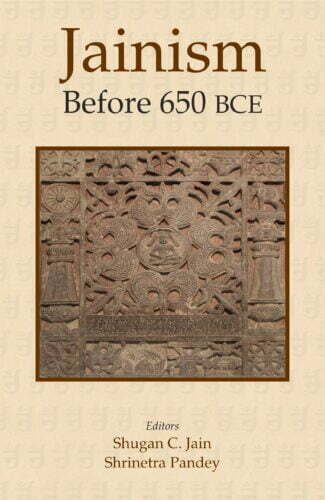

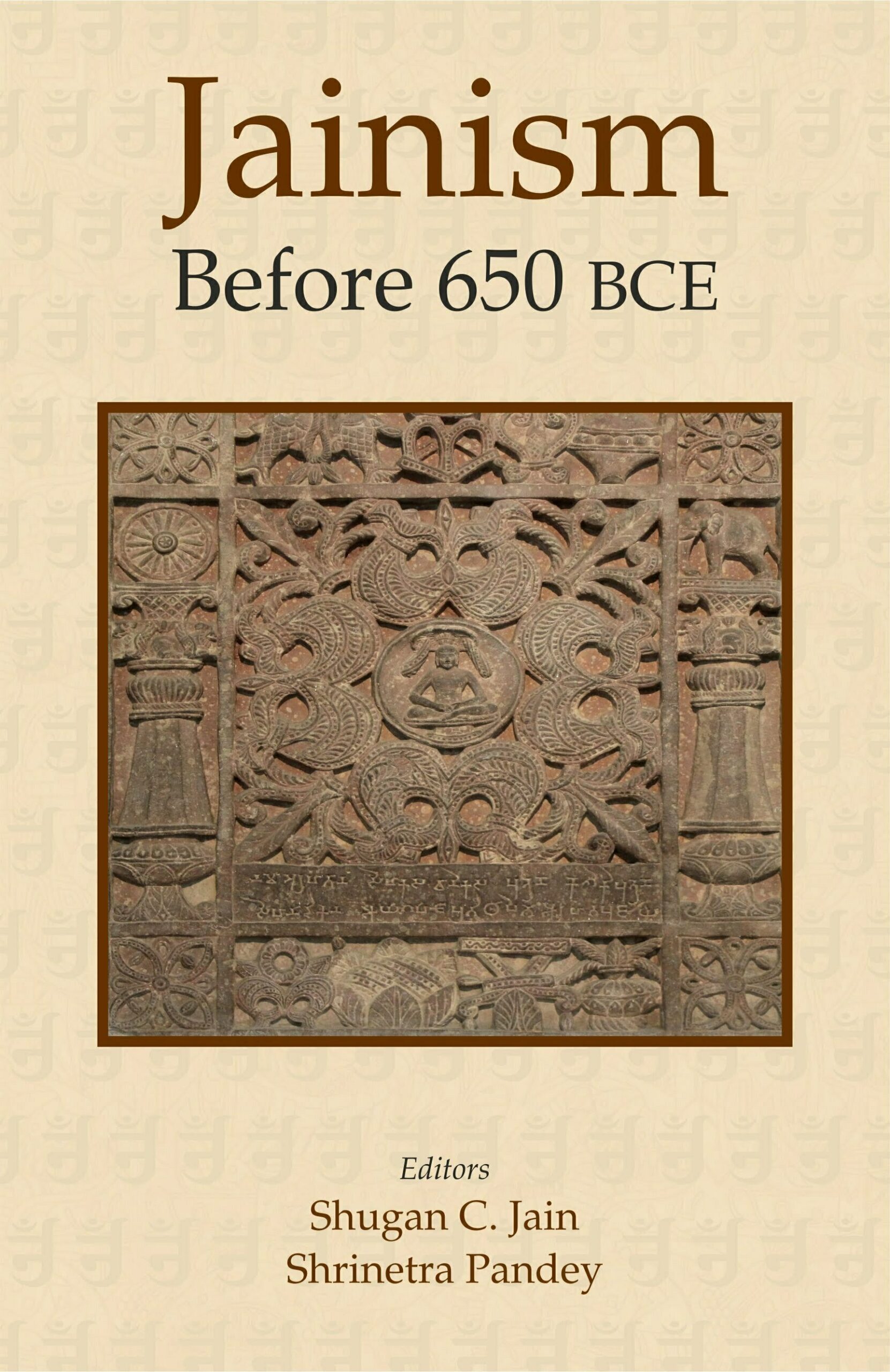


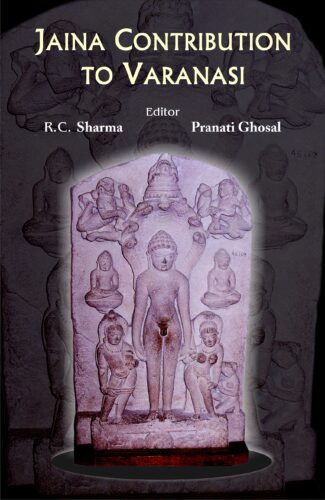
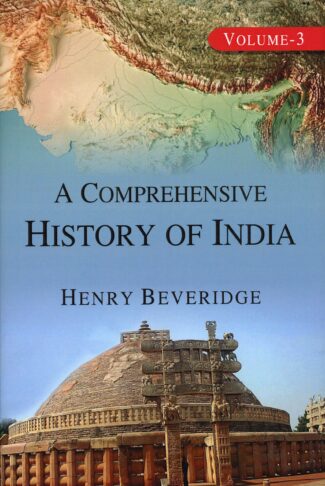
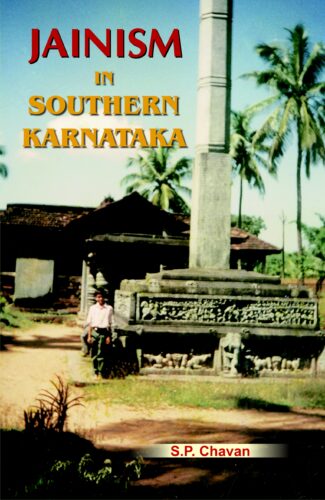
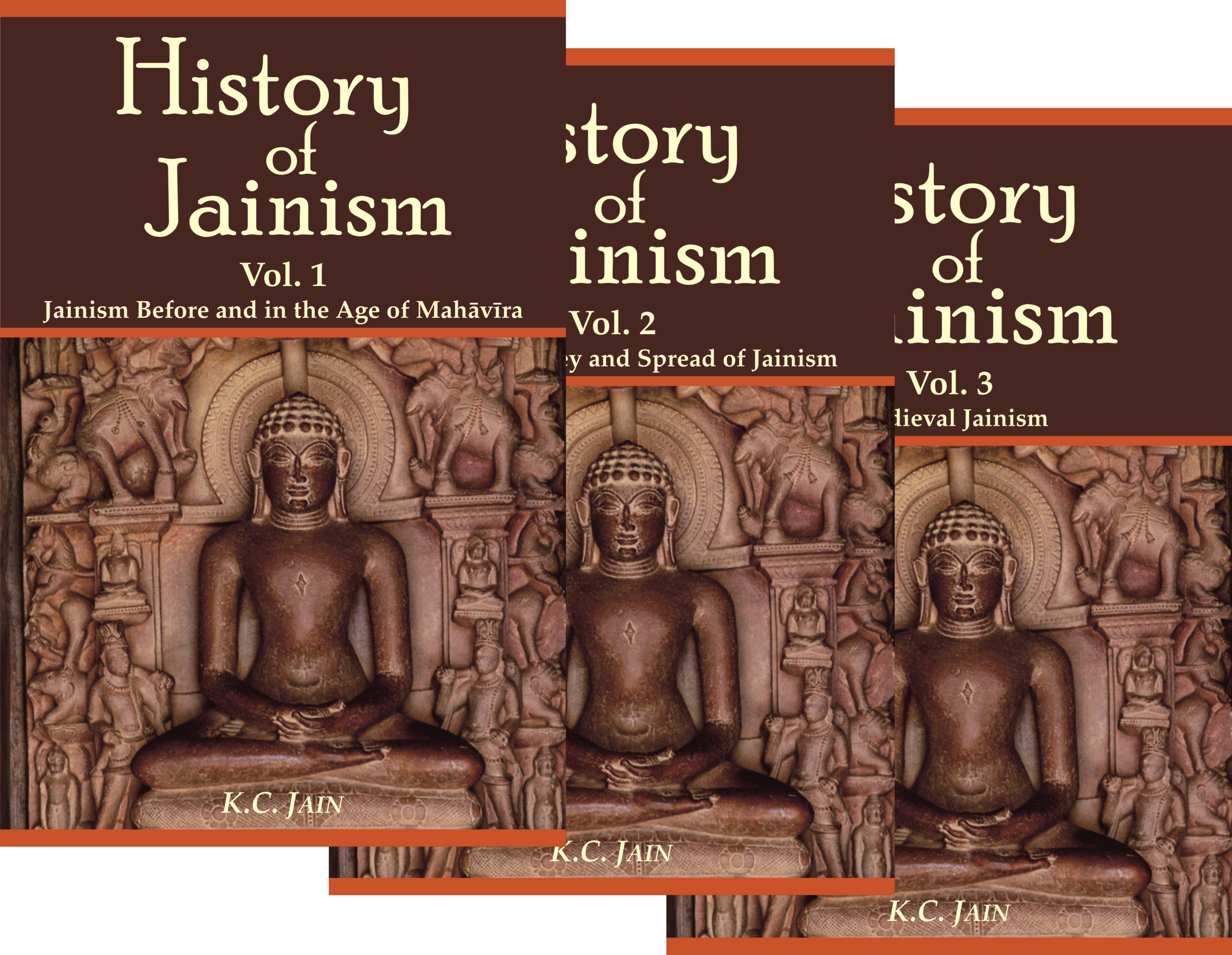
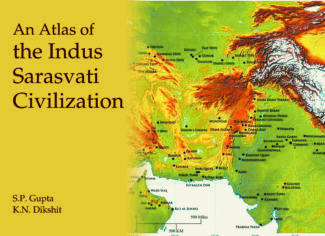
Paresh Doshi –
This needs to be made available in paperback, so that it can reach more people.